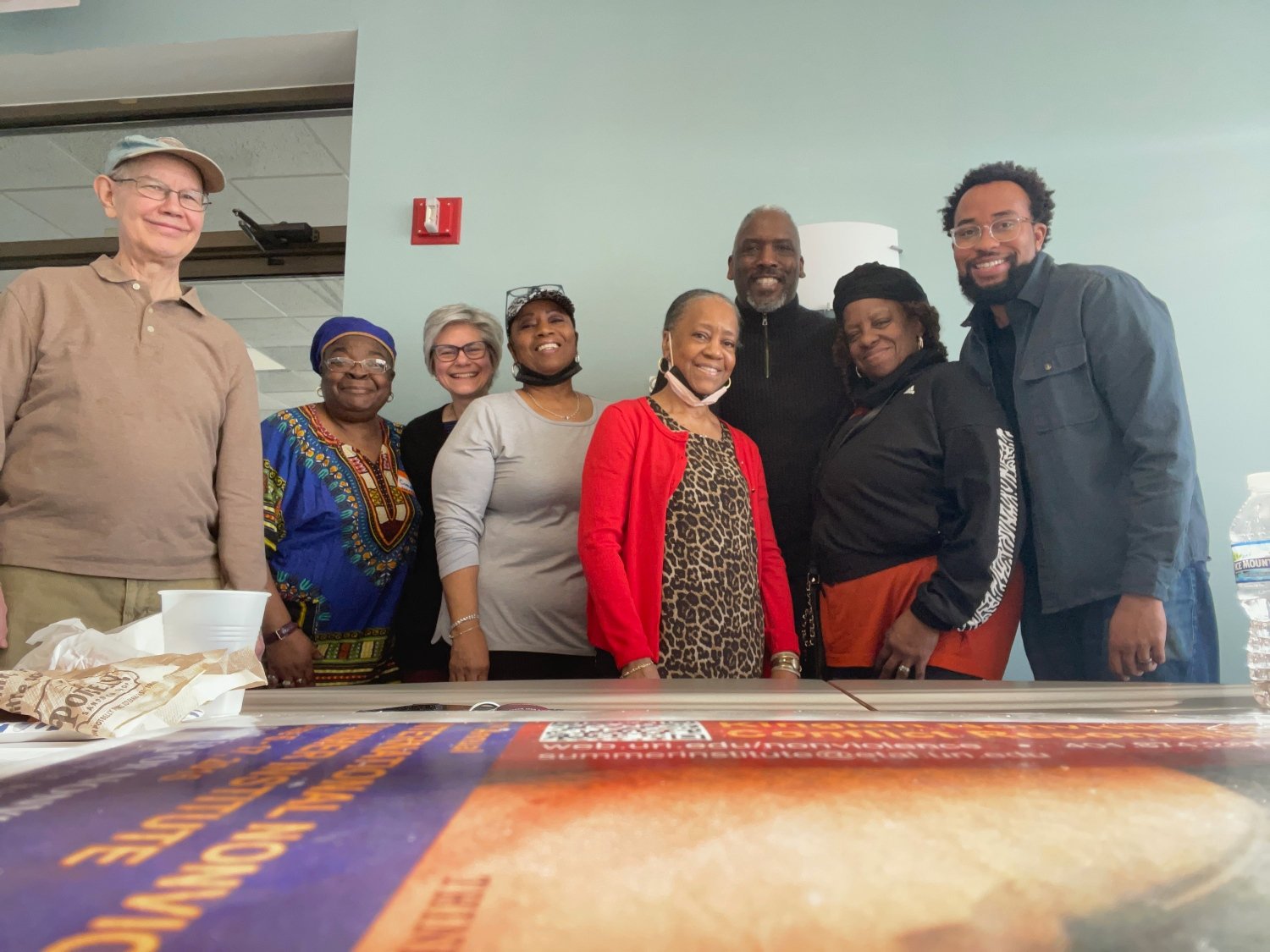Land Acknowledgement
H.O.M.E. is committed to acknowledging and rectifying the harm caused to Indigenous communities. Operating on traditional Indigenous homelands, we recognize our responsibility to dismantle systemic barriers and honor Native peoples. In the fiscal year 2024, we pledge to educate our team, review policies for bias, integrate cultural practices respectfully, support local Indigenous communities, and establish inclusive practices. Led by our DEI Committee, this journey towards healing reflects our dedication to justice and equity.
Land Acknowledgement Statement
Prepared by the Diversity, Equity and Inclusion Committee, adopted November 29, 2023
H.O.M.E. operates housing and housing support services on the traditional homelands of the people of the Council of Three Fires, the Ojibwe, Potawatomi, and Odawa as well as the Menominee, Miami and Ho-Chunk nations. This land was also a site of trade, travel, gathering and healing for more than a dozen other Native tribes and is still home to over 100,000 tribal members in what is today known as the State of Illinois.
H.O.M.E. recognizes that European settlers colonized and attempted to erase Indigenous people from this land. These actions caused tremendous harm and destruction to Indigenous people and their way of life. As an organization that stands firmly on the ideals of Diversity, Equity, Inclusion and Justice, we feel it is important to declare our commitment to be a part of the solution to heal the harm in the present and future.
H.O.M.E. deeply respects, stands with, and honors Native and Indigenous peoples. We are deeply conflicted by the reality that our very presence on this land may mean that we participate in systems that continue to harm Native and Indigenous people.
For this reason and others, we are committed to being respectful, inclusive, and helpful in dismantling the barriers that continue to restrict Native and Indigenous peoples’ housing opportunities. Though the journey of healing will be long, beginning in our fiscal year 2024 we will begin a process of learning, understanding and healing by doing the following:
Educate the Board and Staff on the history of Indigenous tribes in what is today called Chicago.
Provide cultural sensitivity training for Board and Staff who interact with members of the Indigenous community.
Review H.O.M.E. policies, practices and procedures for bias against Indigenous communities (i.e., How should we recognize Thanksgiving? Evaluate H.O.M.E.’s artwork or decorations in its buildings and offices).
Explore implementing Indigenous practices into H.O.M.E.’s practices in a way that avoids cultural appropriation (the unacknowledged or inappropriate adoption of the customs, practices, ideas, etc. of one people or society by members of another and typically more dominant people or society).
Support local Indigenous communities through collaborations, partnerships and advocacy initiatives.
Include Native and Indigenous populations in any annual survey produced by H.O.M.E.
Seek out Board members, residents and staff members from Indigenous communities.
Establish best practices for supporting Indigenous communities moving forward.
The items above reflect our intentional commitment to acknowledge and be a part of healing solutions. H.O.M.E’s DEI Committee will take the lead on this work and provide ongoing updates to the Board and Staff throughout the fiscal year.
Diversity, Equity, Inclusion, and Justice
H.O.M.E. is committed to working independently and in partnership to dismantle structural racism in Chicago, and to transform our culture into one motivated by human empathy, respect, and full inclusion. Learn more about our committment to Diversity, Equity, Inclusion, and Justice.






